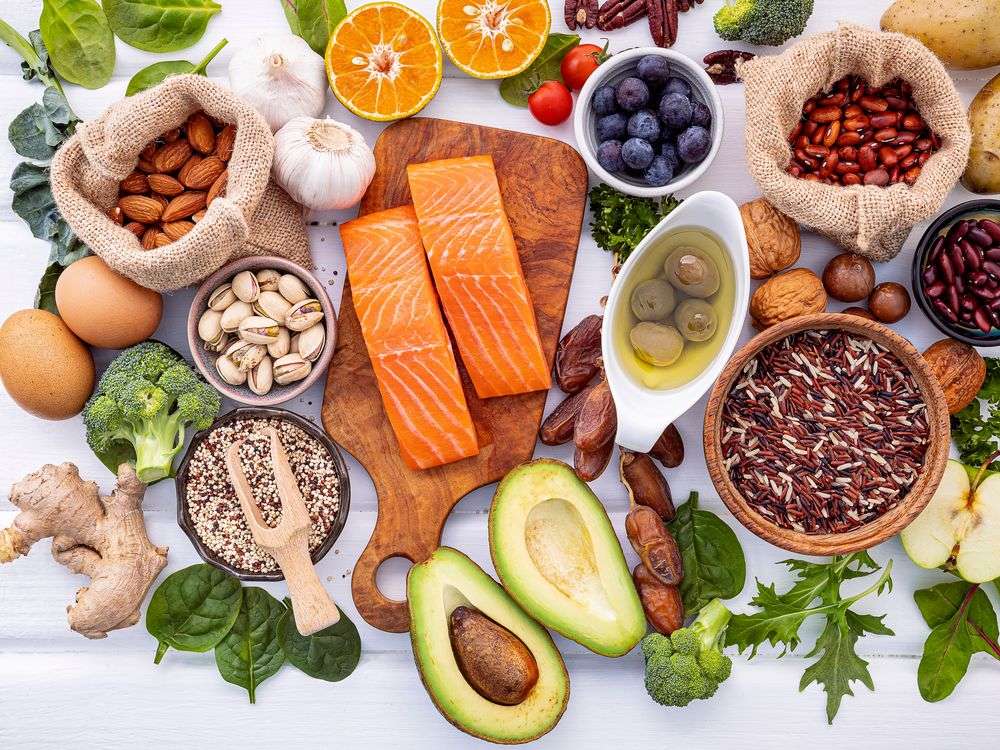
Incorporating a diverse range of protein-rich foods into daily meals is crucial for individuals leading sedentary lifestyles to meet their dietary needs while promoting muscle health. Protein serves as a vital component of a balanced diet, supporting functions such as muscle repair, hormone production, and immune function. However, excessive protein consumption can lead to adverse effects, including digestive discomfort and strain on the kidneys, particularly for those with pre-existing kidney conditions. It’s important to adhere to recommended dietary guidelines and distribute protein intake evenly throughout the day for optimal digestion and absorption.
Importance of Protein in Sedentary Lifestyles
Maintaining a balanced diet is essential for overall health and well-being, especially in today’s sedentary lifestyle. While physical activity influences nutritional requirements, adequate protein intake remains vital for individuals with limited activity levels.
Expert Insight: Dr. Shailesh Gondane
According to Dr. Shailesh Gondane, a Nephrologist-Renal Specialist at Ruby Hall Clinic in Hinjewadi Pune, incorporating a variety of protein-rich foods into meals and snacks is essential for meeting nutritional needs and supporting muscle health. Dr. Gondane emphasizes the significance of balancing protein intake with other essential nutrients for optimal health outcomes.
Top 10 Protein-Rich Foods for Sedentary Lifestyles
Here are the top 10 protein-rich foods recommended by Dr. Gondane for individuals leading sedentary lifestyles:
-
Skinless, Boneless Chicken: Lean and versatile, chicken offers high-quality protein with low-fat content, making it suitable for calorie-conscious individuals.
-
Fish:Rich in protein and essential omega-3 fatty acids, fish such as salmon, tuna, and mackerel support protein intake while promoting heart and brain health.
-
Eggs: A complete protein source, eggs provide all essential amino acids and offer a convenient and affordable dietary option.
-
Cheese: Low in fat and high in protein, cheese adds flavor and nutrition to meals, making it a satisfying choice for sedentary individuals.
-
Lentils: Packed with plant-based protein, fiber, and nutrients, lentils are ideal for vegetarian or vegan diets and can be incorporated into various dishes.
-
Beans: Legumes like black beans, kidney beans, and chickpeas offer protein, fiber, and complex carbohydrates, supporting digestion and providing sustained energy.
-
Tofu: A complete protein derived from soybeans, tofu is versatile and can be used in stir-fries, salads, or sandwiches.
-
Nuts and Seeds: Almonds, peanuts, chia seeds, and hemp seeds are nutrient-dense options rich in protein and healthy fats, perfect for snacking or adding to meals.
-
Greek Yogurt: With protein, calcium, and probiotics, Greek yogurt is a creamy and satisfying option that can be enjoyed alone or incorporated into recipes.
-
Quinoa: As a complete protein grain, quinoa contains all essential amino acids and serves as a nutritious alternative to rice or pasta.
Considerations for Protein Intake
Individual factors such as age, hydration status, overall diet, and underlying health conditions can influence how protein intake impacts kidney function. While sedentary individuals should be mindful of excessive protein consumption, physically active individuals typically require higher protein intake to support muscle health and performance. It’s crucial for everyone to maintain balanced diets, stay hydrated, and seek personalized nutrition advice from healthcare professionals, particularly regarding kidney health concerns.
By incorporating these protein-rich foods into their diets, individuals with sedentary lifestyles can meet their nutritional needs while promoting overall well-being and muscle health.
Frequently Asked Questions (FAQs)
How much protein do I need daily for a sedentary lifestyle? For sedentary individuals, it’s recommended to consume approximately 0.8 grams of protein per kilogram of body weight. However, individual protein needs may vary based on factors such as age, gender, and overall health.
Can I get enough protein from plant-based sources alone? Yes, it’s entirely possible to meet your protein needs through plant-based sources such as legumes, nuts, seeds, and tofu. However, it’s essential to consume a varied diet to ensure you’re getting all essential amino acids.
Are protein supplements necessary for sedentary individuals? While protein supplements can be convenient, they’re not essential for most sedentary individuals who can meet their protein needs through whole foods. However, supplements may be beneficial for those who struggle to meet their protein requirements through diet alone.
Can I consume too much protein? Consuming excess protein can put strain on the kidneys and may lead to dehydration. It’s essential to balance protein intake with other macronutrients and maintain proper hydration levels.
Are there any protein-rich foods I should avoid? While most protein-rich foods are beneficial, it’s essential to choose lean sources and avoid heavily processed options high in unhealthy fats, sodium, and additives.
Is it better to consume protein before or after exercise? Both pre and post-exercise protein consumption can support muscle repair and recovery. However, consuming protein shortly after exercise may be particularly beneficial for maximizing muscle protein synthesis.


